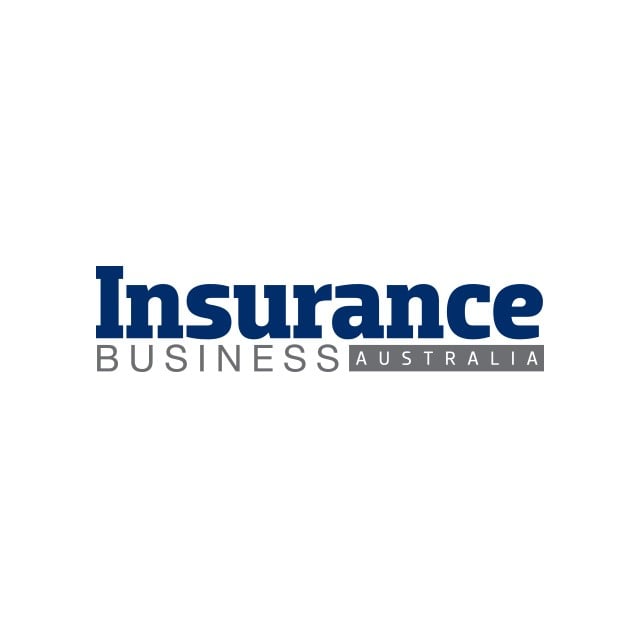The Finance and Accounting considerations when establishing a new MGA
by Anish Suri
Managing general agents (MGAs) are insurance intermediaries who hold underwriting authority to underwrite policies on behalf of insurance companies. MGAs act as intermediaries between insurance companies and retail agents/brokers and are responsible for numerous functions including managing the underwriting process, setting rates, and issuing policies. In a nutshell, they act as an outsourced underwriting department for an insurance company, taking on the responsibilities of an insurance carrier while leaving the actual risk-bearing to the insurance company.
MGAs are often experts in a specific market or line of business and can provide specialized knowledge and expertise that may not be available with the insurance company’s own underwriting department.
Operational Challenges to Establishing a New MGA
MGAs serve a vital role in the insurance industry, and their impact is increasing. Setting up a new MGA, however, does present a few key challenges, including:
Regulatory compliance – MGAs are required to keep up with complex and constantly evolving regulatory requirements and ensure they comply with all applicable laws and regulations, including those related to accounting, underwriting, licensing, and consumer protection.
Data flow & Reconciliations – MGAs deal with multiple third parties including brokers, agents, and carriers. They receive a lot of unstructured data available in different formats, which is difficult to consolidate into a centralized system and derive meaningful insights from.
Underwriting Risk – MGAs assume a significant amount of underwriting risk on behalf of insurance companies and they must be able to accurately assess and price risk to remain profitable. This requires business expertise and access to accurate data and analytical tools.
Finance & Accounting Framework – The objective of the F&A function for an MGA is to build an agile, scalable, and responsive framework to meet the ever-evolving business requirements of the organization. The key is to build a system that accepts unstructured data from multiple sources and converts it into financial information by applying set rules and logics. The goal is to achieve efficient turnaround time while achieving automation and accuracy across F&A functions.
The main challenges for an F&A function are to ensure:
- Data integrity while processing information
- Establishment of a downstream accounting process covering all aspects, including premiums, re-insurance, commissions to claims, and operational expenses
- A framework that facilitates accounting compliance with regulatory and statutory requirements
- Financial statements are generated for both internal and external consumption
- Robust reconciliation systems to ensure efficient settlements with brokers and carriers
- Key insights are provided to management regarding business performance at a desired level of granularity
- Data trends covering risk and claims are managed and analyzed to generate business insights
The Xceedance Advantage
Xceedance has a strong F&A capability and a team with experience and knowledge in insurance accounting spread across different geographies. The team holds expertise in understanding the business requirements and knowledge about different regulatory frameworks.
- Our team has helped businesses build their accounting process from scratch.
- We assist with setting up the initial process covering, initial data flows covering premiums, claims, and commissions.
- Additionally, we can build an accounting framework covering premiums, commissions, claims, and expenses.
- Our team can create a database that helps generate financial statements, comparatives, and assists in regulatory compliance requirements.
- Xceedance F&A professionals have a proven track record in assisting MGAs in setting up and operating their accounting processes.
Setting up a new MGA can be challenging, especially when it comes down to keeping up with the ever-evolving market requirements. That’s where Xceedance can help. We help new insurance startups to build their entire COA beginning from setting up hierarchy rules, the grouping of accounts, cost center to profit center setups.


